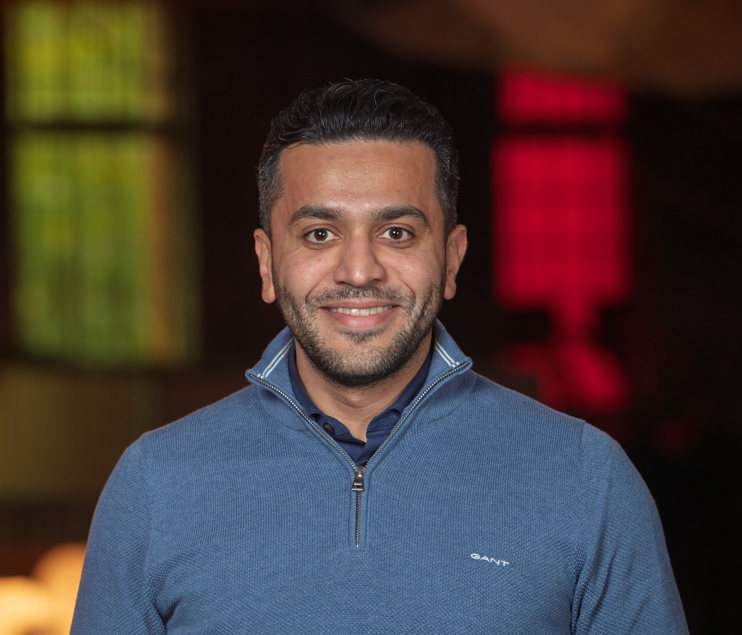We caught up with Peyman to hear more about the journey that led him to a successful career at Waldeck and an additional role as Mentor:
Hi Peyman! Why did you choose to become a mentor?

I chose to become a mentor because I wanted to give back to the industry that has shaped my own career. I’ve had the privilege of being mentored when I was a graduate engineer, and it had a profound impact on my development.
The guidance, support, and encouragement I received, helped me navigate through the challenges of the early stages of my career. Mentoring allows me to pass on that same support to the next generation of engineers, helping them grow, build confidence, and succeed.
Please can you tell us a bit about your mentoring experiences so far…
So far, I’ve had the pleasure of mentoring a diverse range of junior engineers and technicians, both in my team and across various projects. As the Discipline Lead for a dynamic team of civil and structural engineers, I’ve been able to provide tailored mentorship to each individual, helping them develop not just technical skills but also professional and soft skills. Some of my mentees have gone on to achieve their professional qualifications and take on leadership roles themselves, which is incredibly rewarding to witness.
What do you enjoy most about being a mentor?
The most enjoyable part of being a mentor is seeing my mentees progress and succeed. It’s very satisfying when I see a mentee gain confidence, make more independent decisions, and tackle complex engineering challenges on their own. Watching them take on more responsibilities, earn professional qualifications, or get promoted gives me a sense of pride and accomplishment. Ultimately, I feel like I’m contributing to their success, but it’s their hard work that makes it possible.
What kind of growth or changes have you seen in your past mentees?
I’ve seen significant growth in my mentees over time. Many have developed stronger decision making skills, expanded their technical knowledge, and taken on more responsibilities within their teams. They’ve also gained confidence, not only in their technical abilities but also in their soft skills like communication and leadership. Many of my past mentees have successfully achieved professional qualifications through the Institution of Civil Engineers or Institution of Structural Engineers, which is a huge step in their career progression.
What challenges do you often face in mentoring, and how do you suggest dealing with them?
One challenge I often face in mentoring is finding the right balance between providing guidance and allowing the mentee to solve problems independently. It’s important not to give all the answers but to create a learning environment where they can think critically and grow through experience. I suggest dealing with this by encouraging mentees to ask questions and explore solutions on their own, while providing a safety net of support if they need it. It’s also important to be patient and adaptable to each person’s learning style.
What advice would you give someone considering becoming a mentor?
If you’re considering becoming a mentor, I’d say go for it. Mentorship is a mutually rewarding process—both mentor and mentee benefit. It requires patience and the willingness to listen, but the outcomes are incredibly worthwhile.
What do you think makes a good mentor? How have you developed these traits over time?
A good mentor is someone who is approachable, patient, and genuinely invested in the growth of their mentee. They should also be a good listener and capable of providing constructive feedback. Over time, I’ve developed these traits through my own experiences, both as a mentee and as a mentor. By being open to feedback from my mentees and reflecting on what worked well and what didn’t, I’ve been able to improve my mentoring style and become more effective in helping others.
How do you typically structure your mentoring relationships?
I typically structure my mentoring relationships by setting some expectations and goals from the start. We’ll agree on the goals they want to achieve, whether it’s technical growth, career progression, or working towards professional qualification. We then establish regular check-ins to discuss progress, challenges, and any areas they need further guidance on. I aim to create an open and collaborative environment where they feel comfortable bringing up any issues they’re facing, while also encouraging them to take ownership of their development.
Peyman is one of many mentors, follow the link to hear more from our mentoring team>